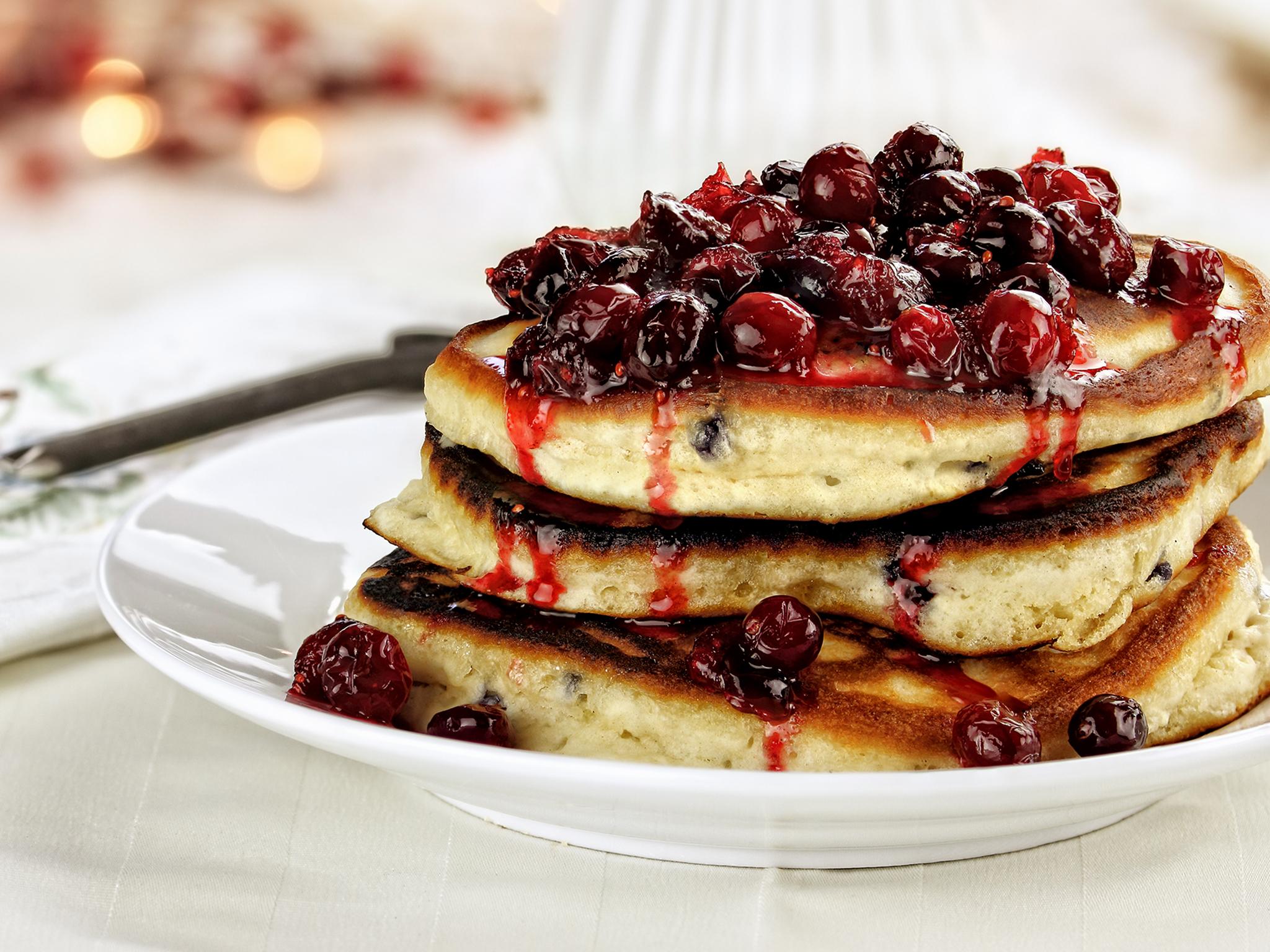The healthiest breakfast you can possibly eat, according to dietitians
Breakfast has gone from a daily must to a dietary villain - so what's the truth about what used to be known as the most important meal of the day?

The old saying that breakfast is the most important meal of the day is wrong.
As our understanding of what to eat to stay healthy has changed - shifting from a focus on low-fat foods to cutting out refined sugars - breakfast and the sweet foods that often come with it have been vilified.
Some argue that breakfast can be actively harmful. Recently, biochemist Terence Kealey wrote in his book Breakfast is a Dangerous Meal that he believes quitting breakfast helped him to reverse his Type 2 diabetes. He subsequently hasn't had a meal in the morning since 2008.
“At first I always ate breakfast, basing my meals on starchy foods,” he told the Sunday Times at the time. “My glucose levels spiked alarmingly, especially after eating breakfast. I was almost guaranteeing that I would kill myself from a heart attack or a stroke, as 80 per cent of diabetics do.”
Others argue that breakfast is simply some shady corporate conspiracy to encourage us to buy and eat an extra meal a day.
However, these claims stand in contention with studies which indicate that - while the old adage might not be entirely true - even if breakfast isn’t the most important meal of the day, it can be helpful in maintaining a healthy diet. And judging by the global obesity epidemic, that is something that many of us continue to struggle with.
“I would say breakfast is as important as lunch and dinner," says Marcela Fuiza, a British Dietetic Association spokesperson and specialist dietitian based in London. "Research has shown that people who eat breakfast lose weight more successfully, and keep it off, and have reduced risk of certain diseases such as diabetes and heart disease."
And the clean-eating trend, which labels certain foods as “dirty” and “clean” hasn't helped the confusion surrounding breakfast, adds Aisling Pigott, Registered Dietitian working in South Wales and BDA spokesperson.
“Never say never,” she stresses. “Demonising foods or labelling them as 'bad' simply instills feelings of guilt around our eating, which is not helpful."
That isn’t, however, a pass to gorge on foods high in saturated fats and sugar each morning. "But ideally we should enjoy very high fat or very high sugar foods in moderation," she adds.
“For example, it wouldn't be a great idea to have bacon or sausage every morning for breakfast,” she says: advice which is bolstered by the World Health Organisation categorising processed meats alongside carcinogens.
"A big mistake that people often make, in an effort to make a healthy choice, is instead of having a small amount, at around 150mls, of fruit juice with their breakfast, accidently drink 500-600mls, which is probably going to contribute too much sugar and energy to their intake without filling them up.”
Part of the benefit of breakfast is psychological, by helping a person to feel satisfied but also offering a rare opportunity for us to sit down and rest for a few minutes.
"We know that as well as providing fuel throughout the morning, breakfast helps stabilise our eating during the day,” says Pigott. “Very often those that skip breakfast can find it difficult to recognise feelings of hunger or fullness during the rest of the day which can potentially lead to over-eating.
“Many people talk about not 'feeling like eating' in the morning, which can happen if you are not used to it. In today’s busy world of rushing and running off to work and eating on the go, I would argue that the simple act of sitting down and enjoying a meal and giving yourself time has as much psychological benefit as nutritional.”
It seems that the ideal breakfast, adds Fuiza, doesn’t exist. But for those looking to tweak their morning regime, her advice is simple: combine protein - eggs, or greek yogurt - healthy fats - like avocado - and wholegrain like oats. She adds: "Try different foods and see what works for you."
Join our commenting forum
Join thought-provoking conversations, follow other Independent readers and see their replies
Comments
Bookmark popover
Removed from bookmarks